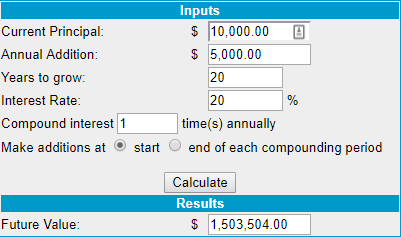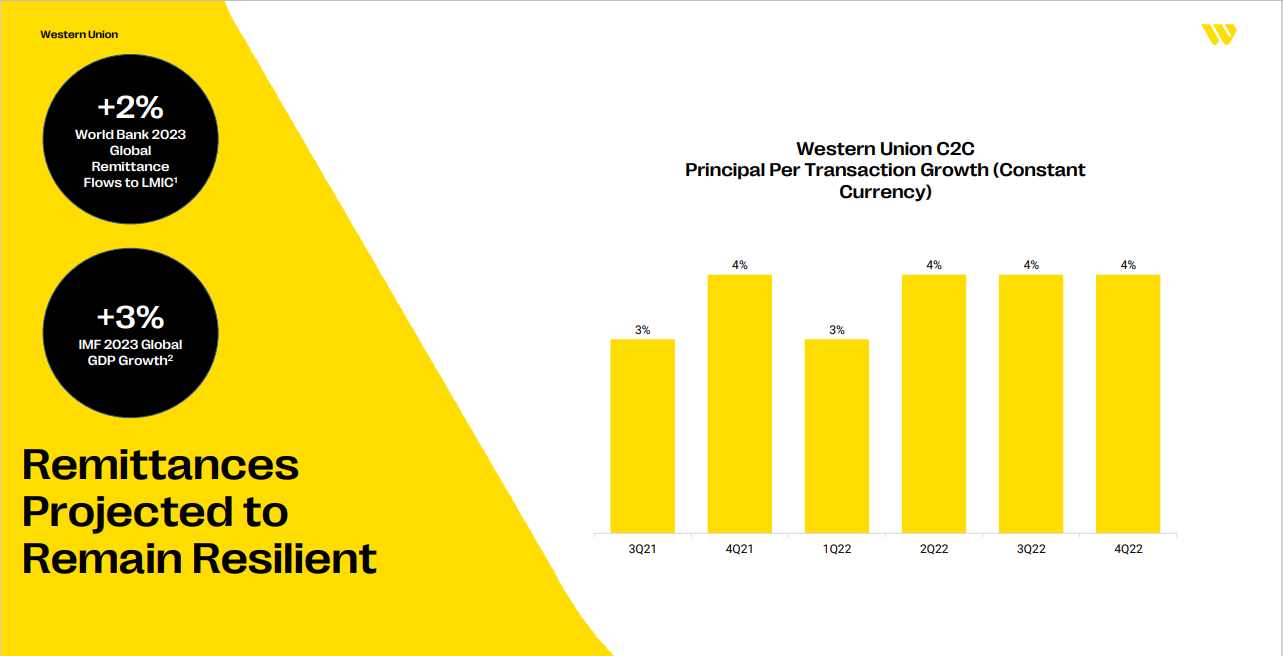
Which are the most popular currency pairs around the globe? The most traded currencies are USD/JPY and EUR/GBP. The most popular and correlated currency pairs are those listed above. This article will provide an overview of each pair and detail the differences. It is important to remember that the most in-demand pair, the first two, are the most widely traded, representing a significant portion of global trading.
EUR/USD
Forex has hundreds of currency pairs. But only a few are traded heavily. The US dollar accounts for more than 50% of all trades. EUR/USD is the most used currency pair, accounting for around 30% of multi-billion dollar Forex turnover. The US and European Union are the two largest economies, and this is one of the reasons that traders prefer this pair.
USD/JPY
USD/JPY are one of the most well-known trading pairs. It is a popular trading pair because of its low bid ask spread and tons of liquidity. This currency is often considered a safe-haven currency in times of economic uncertainty. JPY can still be affected by economic and political events in China and Korea. It is sometimes called the Gateway to the East because of its ability to respond to these events.

EUR/GBP
EUR/GBP has been the most watched and popular currency pair worldwide. These currency pairs are traded all day, every day. The London trading hours are where the majority of Forex transactions take place. This is why volatility is highest during these hours. The London market houses all major European banks. They exchange GBP for dollars and euros regularly. This means that the pair has some of the most volatile trading periods, especially in the 08:00-17:00 period.
AUD/USD
The Australian dollar has one of the most popular currency pairs around the globe. The Aussie dollar rose in popularity following the commodities boom in Australia after 2000. This pair connects two growing and powerful economies. Individuals can speculate on differences in the prices of the currencies using a forex trading contract. These movements could cause the AUD/USD pair to move in unpredicted directions. Listed below are the factors that impact the AUD/USD pair.
AUD/CHF
AUD/CHF, a currency pair that connects Australia and Switzerland via a common currency, is a very popular currency pair. Like AUD/USD, it has a high level of volatility, but experienced traders can earn impressive profits. Trading AUD/CHF can be difficult for those who are not experienced. The daily range is between 70-100 point. The country is known for its resource rich economy. However, it is still largely a product-oriented economy.
GBP/USD
The pound is one of the world's most traded currency pairs. The US Dollar is the most well-known reserve currency. The pound is third, just behind the euro (and the Japanese Yon). The currencies are strongly linked and monetary policy plays a significant role in the exchange rate. Monetary policies have a large influence on the currency pair's values. Each country's central banks reviews their interest rates at least once a year.

AUD/JPY
The currency pair AUD/JPY represents Australia and Japan. This combination of two of the developed world's largest economies is often regarded as a carry trade currency, which means that traders use it primarily as a hedge against the risks of trading volatile currency pairs. It also follows several technical patterns like support and weakness, Fibonacci levels as pivots and trendlines.
FAQ
How can people lose their money in the stock exchange?
The stock market does not allow you to make money by selling high or buying low. You lose money when you buy high and sell low.
The stock market is for those who are willing to take chances. They want to buy stocks at prices they think are too low and sell them when they think they are too high.
They believe they will gain from the market's volatility. If they aren't careful, they might lose all of their money.
What is the difference?
Brokers are specialists in the sale and purchase of stocks and other securities for individuals and companies. They handle all paperwork.
Financial advisors have a wealth of knowledge in the area of personal finances. They help clients plan for retirement and prepare for emergency situations to reach their financial goals.
Financial advisors can be employed by banks, financial companies, and other institutions. You can also find them working independently as professionals who charge a fee.
Consider taking courses in marketing, accounting, or finance to begin a career as a financial advisor. It is also important to understand the various types of investments that are available.
Are bonds tradeable?
Yes, they are. Like shares, bonds can be traded on stock exchanges. They have been traded on exchanges for many years.
They are different in that you can't buy bonds directly from the issuer. You will need to go through a broker to purchase them.
Because there are fewer intermediaries involved, it makes buying bonds much simpler. You will need to find someone to purchase your bond if you wish to sell it.
There are different types of bonds available. Some pay interest at regular intervals while others do not.
Some pay interest quarterly while others pay an annual rate. These differences make it easy compare bonds.
Bonds are a great way to invest money. You would get 0.75% interest annually if you invested PS10,000 in savings. You would earn 12.5% per annum if you put the same amount into a 10-year government bond.
If all of these investments were put into a portfolio, the total return would be greater if the bond investment was used.
How do I invest my money in the stock markets?
Brokers allow you to buy or sell securities. A broker buys or sells securities for you. Brokerage commissions are charged when you trade securities.
Brokers usually charge higher fees than banks. Banks will often offer higher rates, as they don’t make money selling securities.
To invest in stocks, an account must be opened at a bank/broker.
If you use a broker, he will tell you how much it costs to buy or sell securities. He will calculate this fee based on the size of each transaction.
You should ask your broker about:
-
the minimum amount that you must deposit to start trading
-
whether there are additional charges if you close your position before expiration
-
What happens to you if more than $5,000 is lost in one day
-
How long can you hold positions while not paying taxes?
-
How much you are allowed to borrow against your portfolio
-
whether you can transfer funds between accounts
-
What time it takes to settle transactions
-
The best way to sell or buy securities
-
How to Avoid Fraud
-
how to get help if you need it
-
Can you stop trading at any point?
-
Whether you are required to report trades the government
-
Whether you are required to file reports with SEC
-
whether you must keep records of your transactions
-
How do you register with the SEC?
-
What is registration?
-
What does it mean for me?
-
Who needs to be registered?
-
When do I need to register?
What is a REIT and what are its benefits?
An entity called a real estate investment trust (REIT), is one that holds income-producing properties like apartment buildings, shopping centers and office buildings. These are publicly traded companies that pay dividends instead of corporate taxes to shareholders.
They are similar to a corporation, except that they only own property rather than manufacturing goods.
Statistics
- The S&P 500 has grown about 10.5% per year since its establishment in the 1920s. (investopedia.com)
- For instance, an individual or entity that owns 100,000 shares of a company with one million outstanding shares would have a 10% ownership stake. (investopedia.com)
- US resident who opens a new IBKR Pro individual or joint account receives a 0.25% rate reduction on margin loans. (nerdwallet.com)
- Our focus on Main Street investors reflects the fact that American households own $38 trillion worth of equities, more than 59 percent of the U.S. equity market either directly or indirectly through mutual funds, retirement accounts, and other investments. (sec.gov)
External Links
How To
How can I invest in bonds?
An investment fund, also known as a bond, is required to be purchased. While the interest rates are not high, they return your money at regular intervals. This way, you make money from them over time.
There are many ways to invest in bonds.
-
Directly buying individual bonds
-
Purchase of shares in a bond investment
-
Investing through an investment bank or broker
-
Investing through an institution of finance
-
Investing through a pension plan.
-
Directly invest with a stockbroker
-
Investing through a mutual fund.
-
Investing via a unit trust
-
Investing through a life insurance policy.
-
Private equity funds are a great way to invest.
-
Investing in an index-linked investment fund
-
Investing in a hedge-fund.